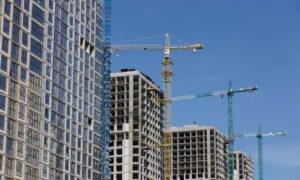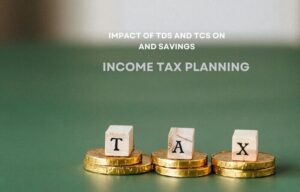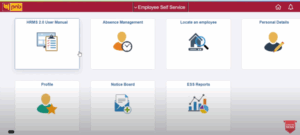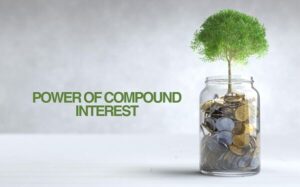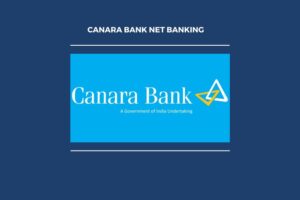Useful Tips for Renewing Your Mortgage
A mortgage is a loan that is commonly used to purchase a home. As the borrower, you will agree to pay the lender back over a designated period.
The home you purchase is used to secure the loan, ensuring that your lender can seize the property if you default on the loan. Mortgage rates will be impacted by your qualifications as well as the type of mortgage in question.
Here, however, our focus will be on how to renew your mortgage to benefit you and your family.
Different Types of Mortgages
A mortgage is a type of loan that is used to purchase a property. You can use the money that you have saved up over the years to buy the home of your dreams.
There are also many different types of mortgages to choose from. For example, an open mortgage may allow you to pay off the entirety of your mortgage without having to worry about paying a penalty.
People who wish to make large payments should opt for an open mortgage due to its flexibility, as it allows you to pay off your mortgage before your term is complete if you come into some money (i.e., inheritance, job promotion).
A closed mortgage stipulates that the buyer will need to pay off their mortgage over a predetermined period. The interest rate terms will also be pre-determined by the lender and may be adjustable or variable.
If you decide to pay off your mortgage before the end of the loan term, then you will need to pay the penalty to your financial institution. Conventional mortgages can be used to buy an investment property, vacation home, or main home.
As for conforming mortgage loans, they are bound by the maximum loan limits that the federal government issues in your country.
On the other hand, nonconforming mortgage loans cannot be purchased or sold by, say, Freddie Mac due to the underwriting stipulations and loan amount.
In addition, fixed-rate mortgages involve an interest rate that is stable throughout the entirety of the loan, which may last anywhere from ten years to thirty.
In regards to adjustable-rate mortgages, they may involve a fixed interest rate for up to a decade. However, after the period ends, the interest rate may go up or down, depending on current market conditions.
A high-ratio mortgage will allow the buyer to put a down payment of less than 20%, which is considered unconventional. Due to the added risk involved on the part of the lender, the buyer will need to buy mortgage insurance to protect the best interests of the lender.
A home equity line of credit is a revolving form of credit as well as a secured form of credit. You will be able to borrow a sum of cash, pay the amount back, and then borrow an additional amount of money up to your credit limit.
Factors Affecting Your Mortgage Rate
The type of home that you wish to purchase will have an impact. For example, a single-family home has a lower risk of default, while a second home or a vacation chalet will have a higher risk of default. The higher the risk, the higher the mortgage rate.
Your credit score will also have an impact. A credit score of 660 is considered good. The higher your score, the better your mortgage rate will likely be. Inflation will also need to be considered. Your mortgage rate may reflect the inflation rate in your city.
The size of your down payment may also influence your rate. Generally speaking, the more you put down, the lower your interest rate will be. The amount of money you borrow will, therefore, affect your rate.
Borrowing a large amount will increase the amount of risk on the part of your lender, thereby causing your mortgage rate to increase. The type of loan that you take out will also affect your mortgage rate.
For example, VA and FHA rates tend to be lower than, say, conforming rates. The rate lock period also needs to be considered. That is, an interest rate can be locked in before the close of escrow for anywhere from 15 to 60 days.
Generally speaking, the longer the rate lock period is, the higher the mortgage rate will be. Also, the longer a rate remains fixed, the higher your mortgage rate will be.
Important Tips for Mortgage Renewal
First, you need to go over your present financial goals. You need to perform the necessary rate research as well. Getting a rate hold is also crucial. Working with a mortgage broker will allow you to have access to a list of lenders that can meet your mortgage needs.
You may also need to switch lenders, so give yourself the time to shop around in order to find a better option. Putting extra money aside towards your principal can also pay dividends in the future.
Refinancing is also something that may be of benefit to you, depending on your financial situation. Renewing one’s mortgage should be seen as a fresh start. Your mortgage renewal should not be left to the last minute, as rushing things may cause serious problems down the line.
In sum, the best mortgage provider will depend entirely on your unique financial situation.
Final Thoughts
There are different types of mortgages, including HELOCs, jumbo, fixed-rate, adjustable-rate, government-insured, and conventional mortgages. You should begin shopping around four months before your term ends.
Go over your current and future financial goals, and outline your financial needs before you renew your mortgage. You should be prepared to renew your mortgage in the last thirty days. Once you receive a renewal offer from your present lender, you will need to make a decision.
If their terms are satisfactory, then you can opt to renew with them. If their terms seem unfair to you, then you should choose another lender that is better suited for your needs.


